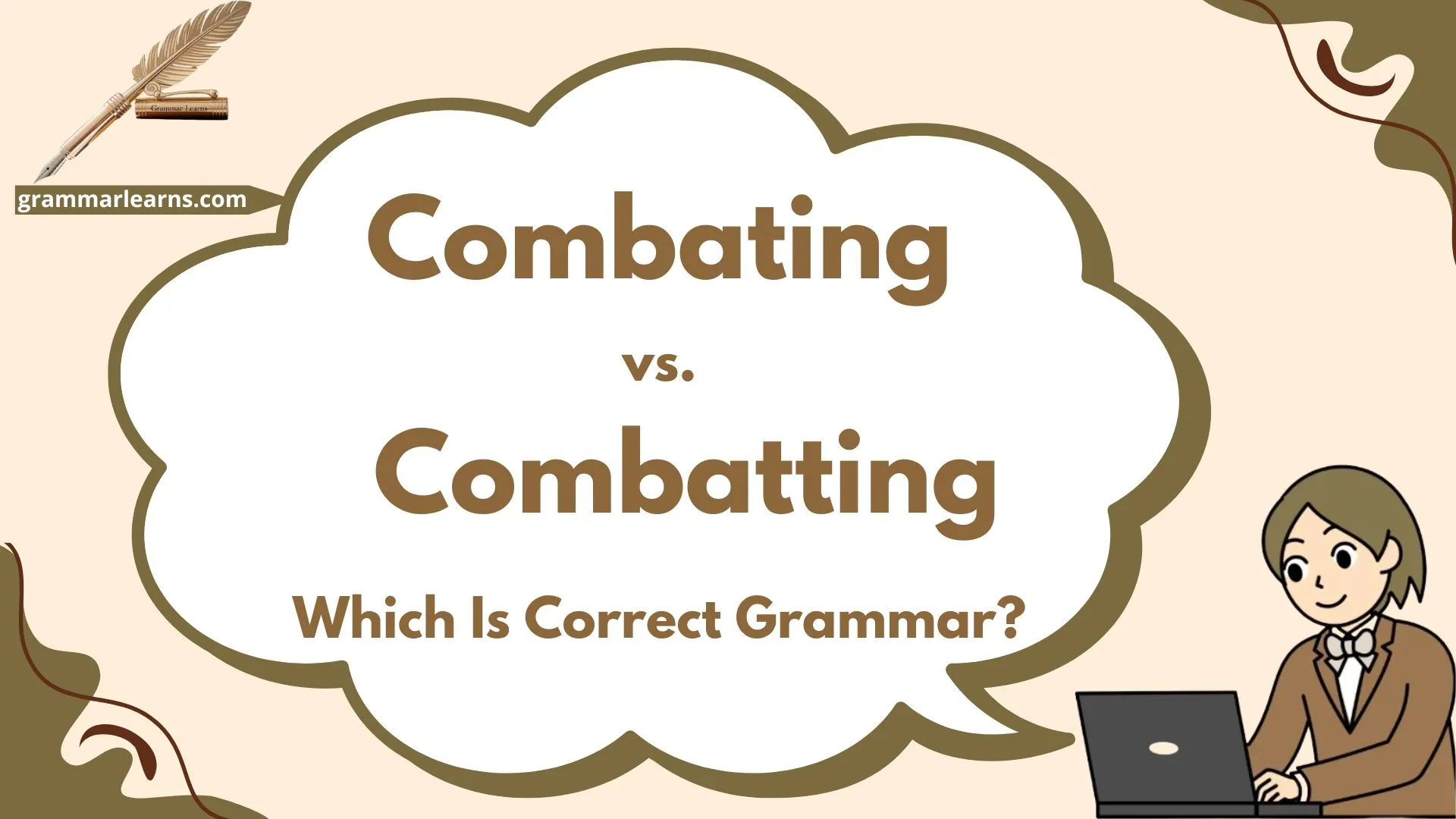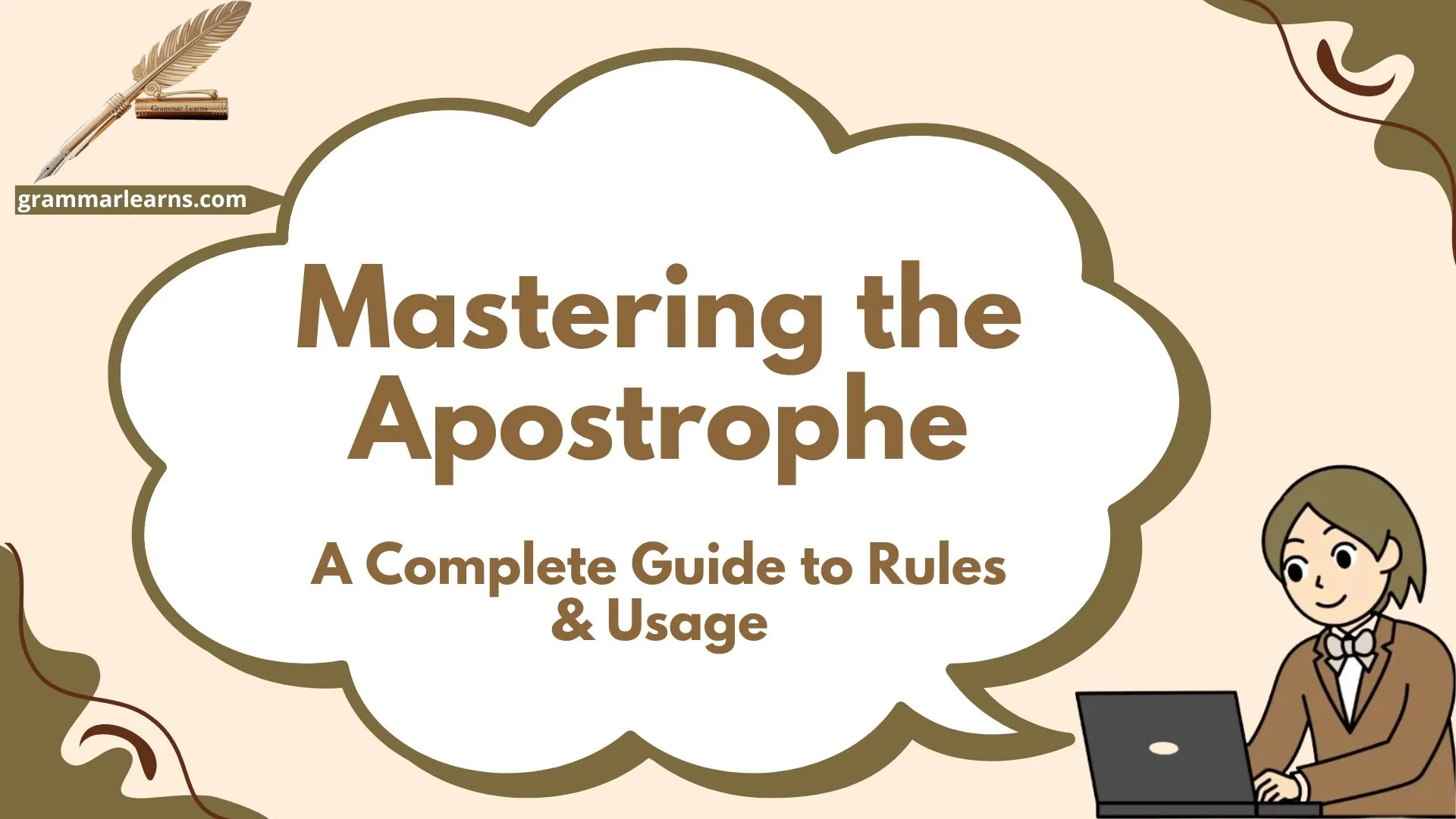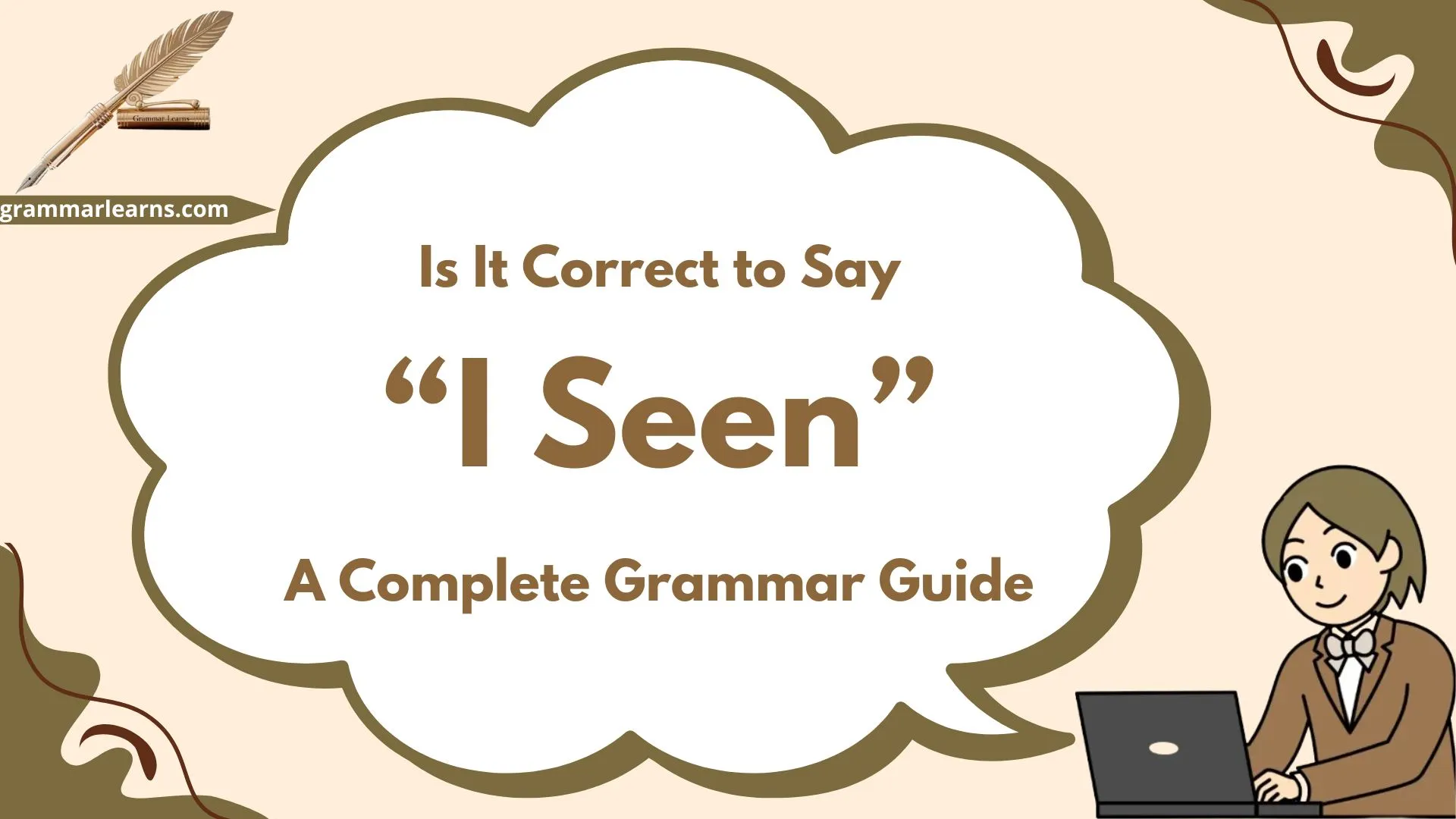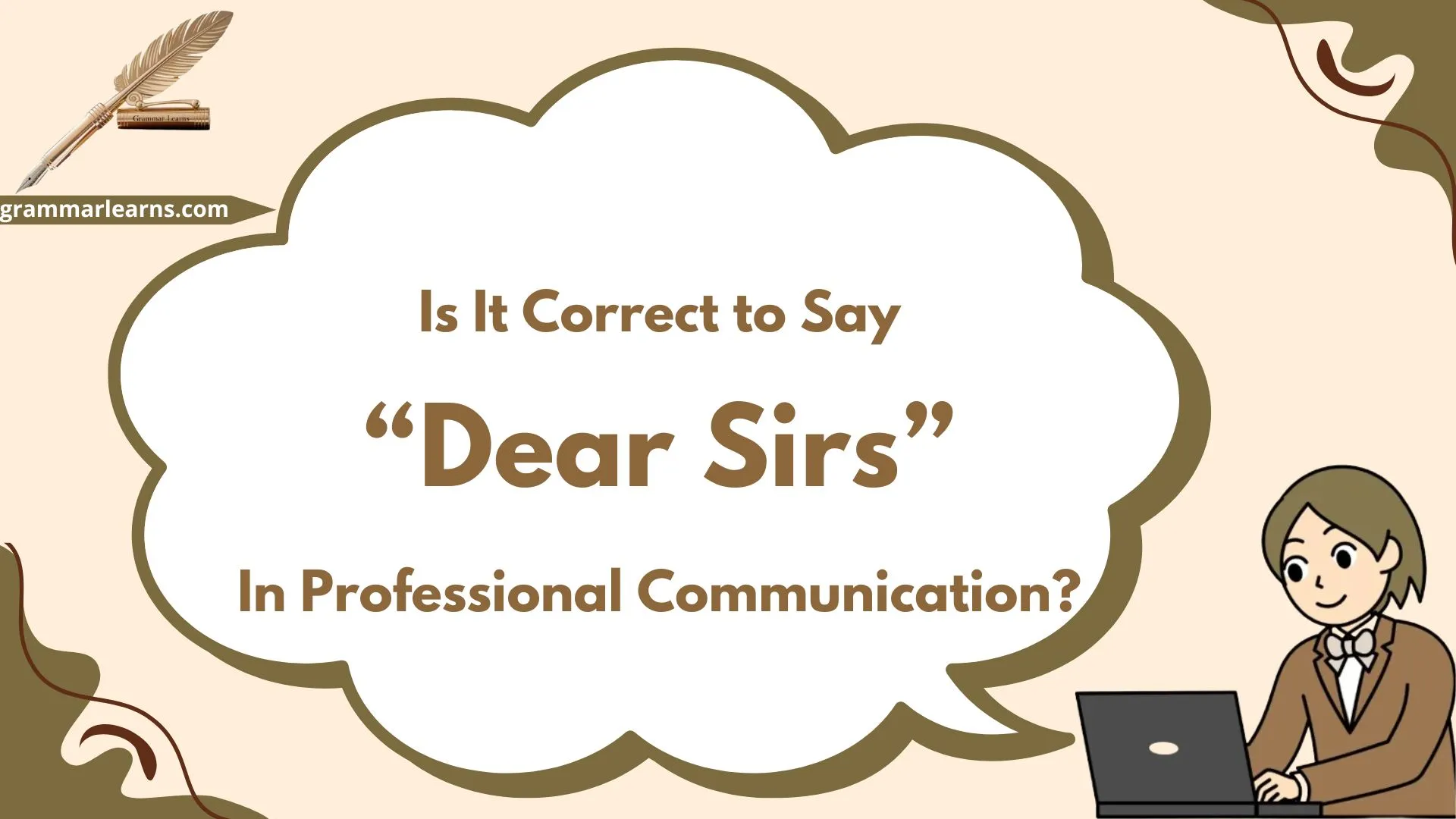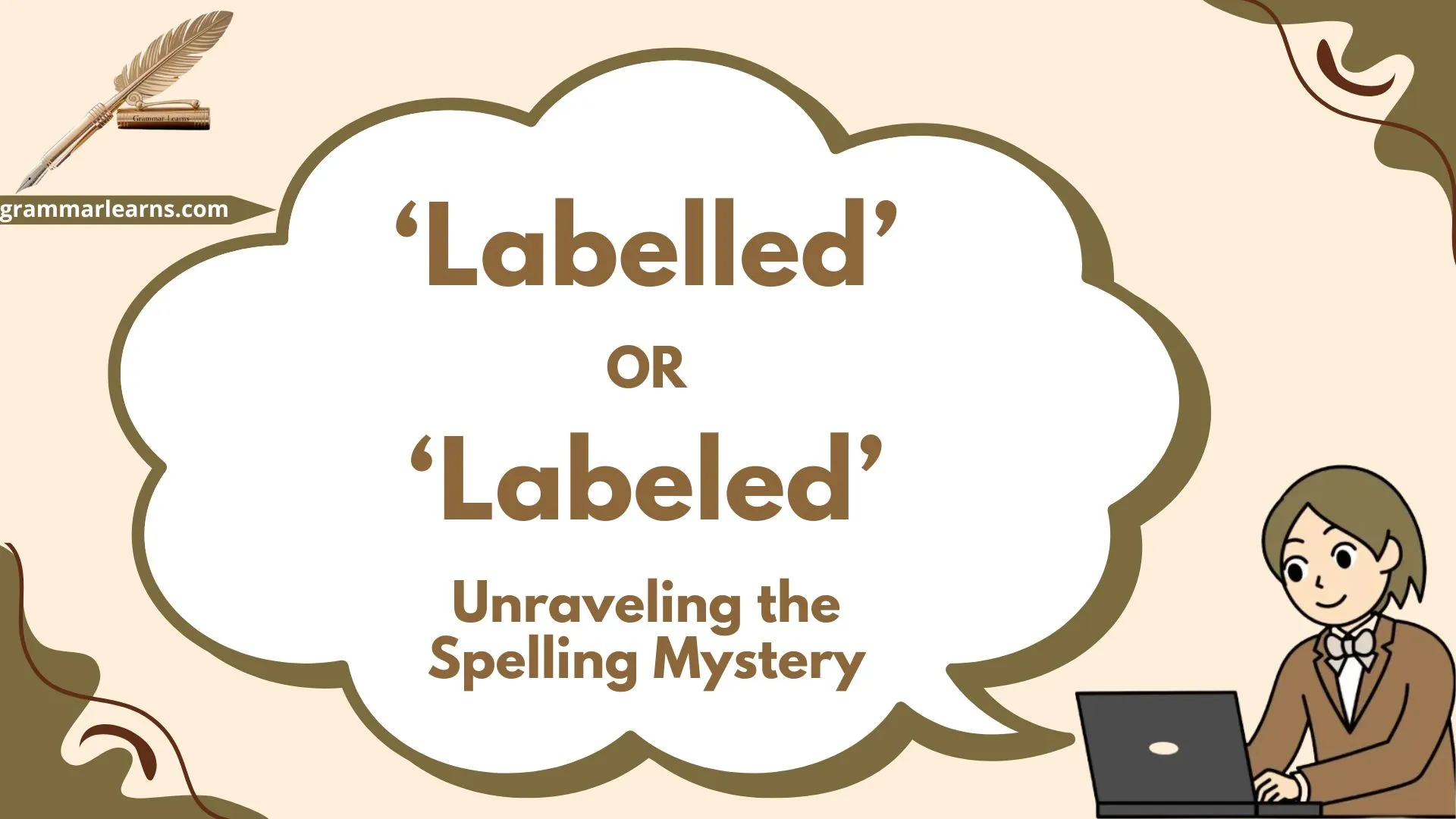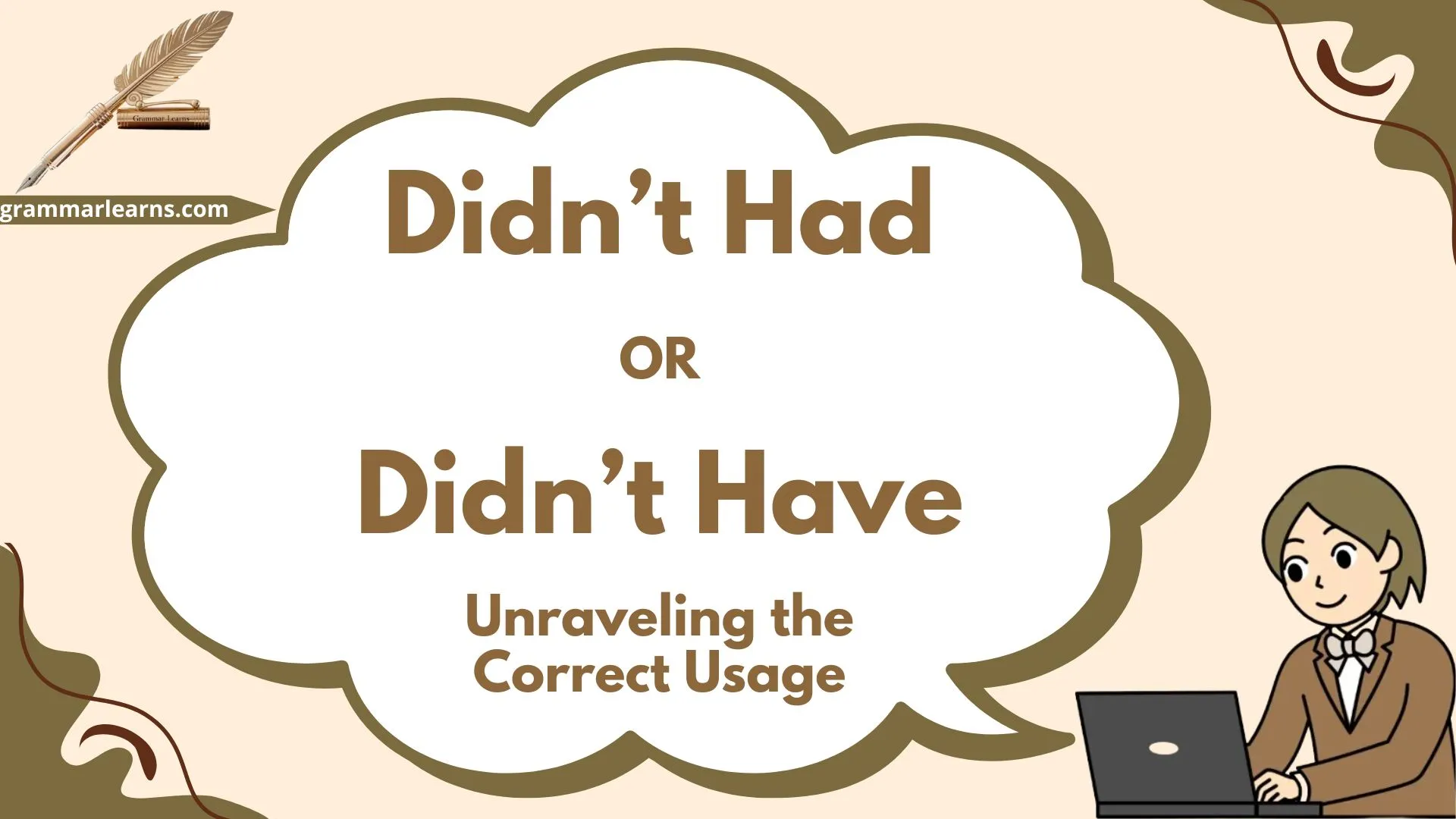People Who or People Whom? When to Use Each Correctly
For many English learners, choosing between “people who” or “people whom” can be confusing. Even native speakers hesitate at times. The key difference is simple: who refers to the subject doing the action, while whom refers to the object receiving it. Understanding this distinction helps you write and speak with clarity in both formal and … Read more

